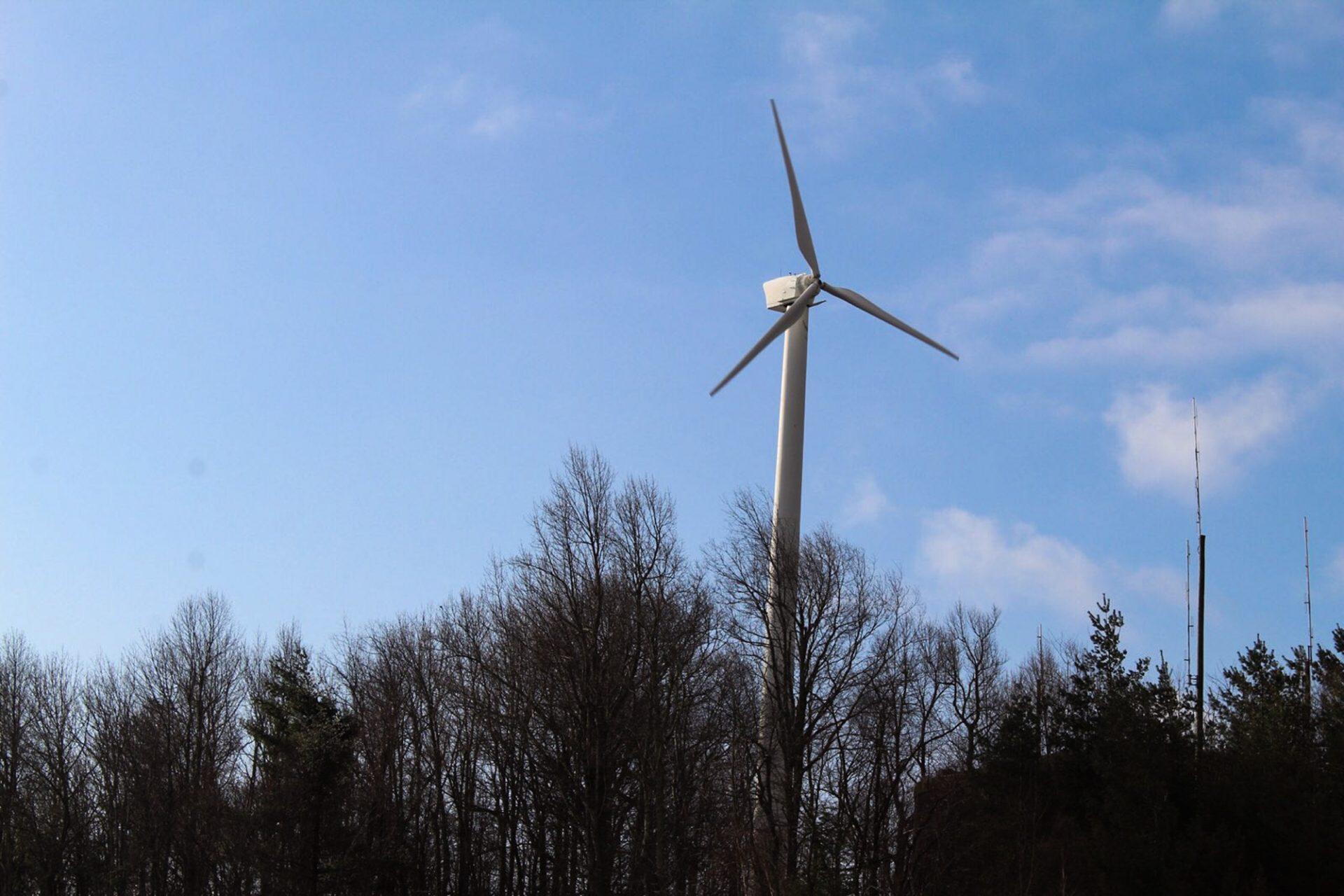Duke Energy has outlined plans to invest $500 million in battery storage projects in North Carolina over the next 15 years. These advancements will put the company at the forefront of sustainability with the ability to store renewable energy.
As of 2017, Duke owned, or had under contract, over 6,400 megawatts of wind, solar and biomass and had approximately 185 megawatts of battery storage in service, according to Duke Energy.
As of now, North Carolina has only about 15 megawatts of battery storage capacity in operation. One benefit of battery storage is security.
“Wind and solar are primarily associated with being alternatives to coal-fired power and natural gases, but they are unreliable because there isn’t any power produced when it’s not windy or sunny.” Randy Wheeless, media relations for Duke Energy, said
Battery storage allows for continuous investment in renewable energy and storage of the power collected, according to the U.S. Department of Energy.
“If you want to have a lot of renewable energy and meet demands through the course of the day and the evening when customers need it, you’ll need to be able to store that power and release it when it’s needed,” Brownie Newman, chairman of the Buncombe County Board of Commissioners, said in an interview with Citizen Times.
The importance of battery storage for the grid is essential.
“Battery storage has a lot of benefits such as the ability to capture power and store it for when you need it, but it also provides a lot of benefits to the grid,” Wheeless said. “As the energy grid continues to add renewable energy where it can be very intermittent and go up and down very quickly, sometimes batteries can lend grid support making the energy grid more reliable.”
Duke Energy, headquartered in Charlotte, North Carolina, prides itself on being a sustainable company and shows growth with annual highlights.
“Since 2005, we have lowered our carbon emissions by 30 percent and hope to get it up to 40 percent by 2030 … We’ve also closed a number of our coal-fired plants replacing them with natural gas,” Wheeless said.
At App State, sustainability is a standard value. Several programs around campus pertain to sustainability, such as the solar vehicle team, zero waste and solar panels.
App State’s commitment to sustainability is known nationwide for leading the path to a cleaner tomorrow. During the Appalachian Energy Summit this past year, “a whopping $311 million saved through energy efficiency and renewable energy since the summit began in 2012” throughout the UNC school system and it is on track for “energy savings of $1 billion in utility costs by 2020 and $2 billion by 2025.”
It is clear that the university and the student body are devoted to bringing the planet back from the brink of collapse, with the iconic Broyhill windmill serving as a symbol to the promise of sustainability that won’t soon be broken.
Written by: Frank Batts, Staff Writer
Photo by: Veronica Hayes, Former Staff Photographer
Featured Image Caption: The Broyhill wind turbine at Appalachian State was installed in June 2009. It stands at the highest point on campus at 755 Bodenheimer Road. The turbine allows Appalachian State to generate energy while off-setting 200 metric tons of carbon dioxide per a year.

